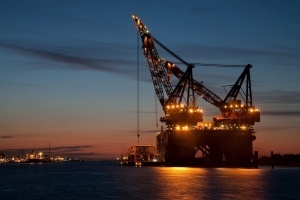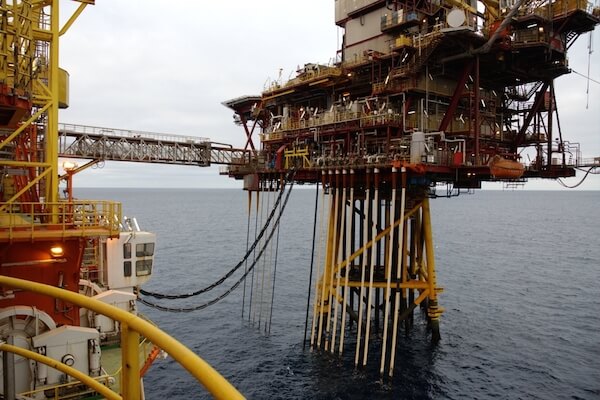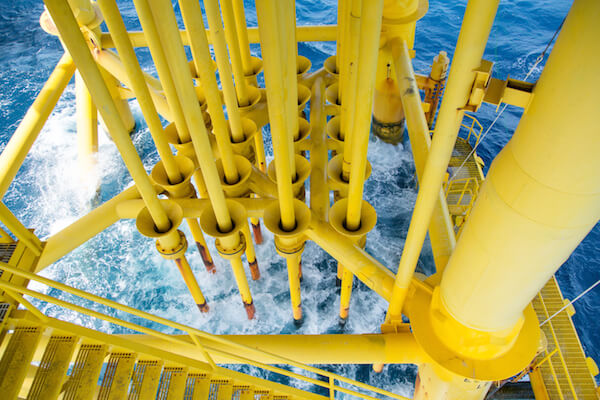Riesgos y Complicaciones durante el Descontrol de Pozos
De acuerdo con el National Alliance for Insurace Education and Research, el riesgo se define como la “Incertidumbre concerniente a una pérdida que se presenta debido a un conjunto de circunstancias dadas”. Entre sus principios básicos se encuentran los siguientes:
No retenga más de lo que pueda soportar en pérdida.
No arriesgue mucho por poco.
Considere la probabilidad de los eventos y su impacto potencial.
En el sector hidrocarburos, uno de los riesgos más comunes que enfrentan las empresas que se dedican a la extracción de petróleo es el descontrol de los pozos, lo cual puede implicar altos costos debido a la reparación de los daños y/o perjuicios que se hayan generado a personas, instalaciones o al medio ambiente.
Un descontrol de pozos se genera por un brote, el cual no se puede manejar a voluntad, y se clasifica en:
Descontrol diferencial.- Sucede cuando la presión de formación es mayor que la presión hidrostática, invadiendo los fluidos de la formación el fondo del pozo, levantando la columna de fluidos de manera que la expulsa a superficie y el equipo de control superficial no está cerrado.
Descontrol inducido.- Es ocasionado por el movimiento de la tubería, la cual puede sondear o aligerar la columna hidrostática o fracturar la formación al introducirla complicándose el problema al tener tuberías rotas.
Ante el descontrol se procede a aplicar un método específico de control según sea el problema que lo genera, sin embargo la realidad es que son pocas las acciones en el Control de Pozos que ocurren como son planeadas, por lo que es importante estar familiarizado con las complicaciones que pueden ocurrir durante la ejecución del control.
A continuación presentamos una lista de las complicaciones más comunes:
Tapado / colapsado del anular
Sarta tapada
Falla de la BOP
Falla o daño del revestidor
Tapón de cemento
Errores conceptuales
Complicaciones durante la circulación de un Kick
Presión excesiva de revestidor
Presión reducida no confiable o no disponible
Perforación en caliente
Consideraciones de Control de Pozos horizontales
Hueco o lavadura en el Tubing
Congelamiento
Detección del punto libre
Válvula flotadora de Contra presión en la sarta
Pesca
Pérdidas de circulación
Pérdidas parciales y severas de circulación
Problemas mecánicos del Pozo
Fresado
Tubería fuera del fondo y fuera del Pozo
Tubería muy débil o muy corroída
Cambios en los Tanques
Bit o embudo tapado
Presión entre las sartas de revestidores
Falla en los manómetros de presión
Problemas más allá del estrangulador
Falla o cambio de la bomba
Reciprocrado de la tubería durante el Control de Pozo
Consideraciones de las presiones de cierre
Snubbing en la sarta o Tumbing
Pega de tubería
Sarta de telescopía
Por lo anterior, es de vital importancia estar siempre alerta ante los indicadores de presión, flujo y equipo involucrado para reconocer el surgimiento de brotes a la brevedad y tomar las medidas necesarias para evitar que se produzcan incidentes, y en caso de que sea imposible evitarlos, contar con un Seguro de Control de Pozos, que dé certeza de la obtención de los recursos necesarios para reparar los daños y que la operación de la empresa no se vea comprometida.
Recordemos que no existe “una pérdida sin asegurar”, lo que no se asegura implica una retención, la cual afecta directamente el patrimonio de la empresa.
En NRGI Broker contamos con un equipo experto en Seguros de Control de Pozos, Seguro de Responsabilidad Ambiental y Seguro de Responsabilidad Civil, así como con especialistas en administración de riesgos que le brindarán soluciones integrales, con productos comprobados, que se adaptan a la medida de sus necesidades.
Comuníquese con nosotros, estamos para ayudarle:
[email protected]
(55) 9177.2100



